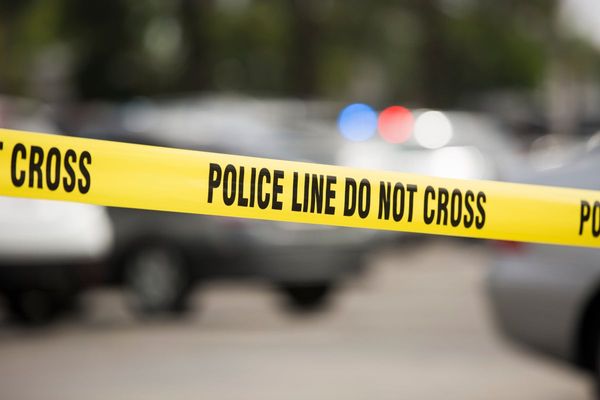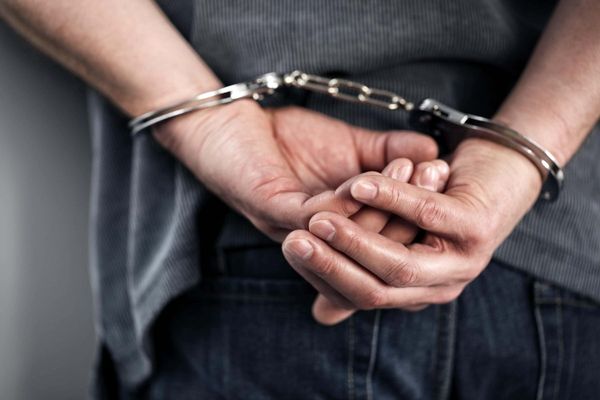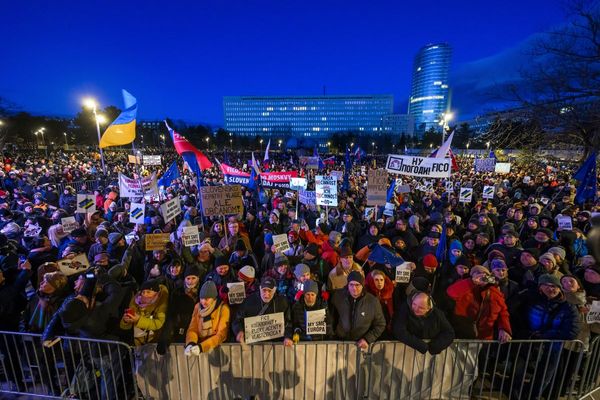
Pressure is mounting on the Catholic church in Italy to face a reckoning on child sexual abuse amid unofficial estimates that the country could have the highest number of victims of paedophile priests in the world.
Damning investigations into the scale of sexual abuse and cover-up allegations have dealt a severe blow to the church’s reputation in the US, Ireland, Chile, France and, more recently, Germany. But in Italy the issue has been mostly buried.
A group of religious and lay associations have now come together to push for an independent inquiry and to urge the Italian state to enact tougher laws to bring paedophile priests to justice and come up with a plan to protect children from sexual abuse by clergy. The group is using the hashtag #ItalyChurchToo and will outline its objectives during an online event on 15 February.
“The problem in Italy is enormous but it has been hidden,” said Cristina Balestrini, who leads a group for abuse victims and their families. “For example, two of the priests who celebrated my marriage turned out to be paedophiles. Then there was the priest who … raped my son. So that makes three paedophile priests, just in my small world.”
The appeal has been given impetus by the publication of independent reports in France and Germany, where the former pope Benedict was criticised for allegedly failing to take action against four priests accused of child sexual abuse when he was archbishop of Munich between 1977 and 1982. Benedict this week apologised for “grievous faults” in his handling of those sexual abuse cases, but his legal team denied any personal wrongdoing, provoking fury from victims.
Hans Zollner, a German priest on Pope Francis’s commission to protect minors, has on several occasions in recent months called for the spotlight to be turned to Italy. “We need these investigations to be done and published in an objective way,” he told La Stampa. “And we need it in Italy too, that way we can look reality in the face and not continue to deny something that gets continuously denied.”
Although the issue is being discussed by the Italian church, bishops are divided over whether the investigation should be independently commissioned. Gualtiero Bassetti, who steps down as president of the Italian Episcopal Conference in May, has spoken in favour of an investigation, as have two of his potential successors, albeit an internal one.
“The reason they’re now saying ‘oh, we’re thinking about doing something’ is because they want to control the narrative,” said Robert Mickens, the Rome-based editor of the English-language edition of the Catholic daily newspaper La Croix. “The initiative by the associations is scaring them to death, and they’re thinking ‘let’s do something that we can contain’, because they know that if they open it up to the outside world, they’re screwed.”
There are no official figures on the number of clerical abuse victims in Italy, but the main victims’ association, Rete L’Abuso, has recorded 360 cases of priests accused or convicted over the last 15 years. A treaty between the Italian government and the Vatican means the majority of child abuse investigations in Italy are carried out behind a wall of secrecy within the Holy See’s jurisdiction. If found guilty by a Vatican court, most priests end up being transferred to a new diocese rather than being defrocked or jailed. Of those found guilty by an Italian court, few are imprisoned.
France’s inquiry found that 216,000 children had been abused by clergy over seven decades. By comparing the number of priests in France, about 21,000, with Italy’s 52,000, Francesco Zanardi, who set up Rete L’Abuso, said the number of victims in Italy could be three times that of France.
“It’s obvious that Italy is the country where the scandal could be worse, because it’s one of the countries with the highest number of priests in the world,” said Zanardi, who says he was abused by a parish priest from the age of 11 to 15. “There are also many foreign priests accused of paedophilia who have been given shelter in Italy. We need an independent inquiry; if the church does an internal one, it won’t be credible.”
Meanwhile, the Italian government is yet to deliver on a request by a UN commission, which in 2019 accused it of being complicit in protecting paedophile priests from criminal charges, to devise a national plan preventing the sexual abuse of children. Campaigners are asking the government to enact a law, similar to one in France, that obliges citizens to report knowledge of clergy abuse.
Although the number of churchgoers in Italy has been in steadily declining, the Catholic church still wields a considerable influence in society. The topic of clerical sexual abuse, at least when it comes to Italy, is rarely covered in the press. An Italian TV talkshow was criticised for failing to question Pope Francis about the issue during the pontiff’s first interview on Italian TV last week.
“I think Italians might be able to accept an inquiry, but the media would have more difficulty as there’s this kind of reverential fear, especially in state TV, in terms of the Vatican and in general the pontificate,” said Emiliano Fittipaldi, a journalist whose 2017 book Lussuria accused Pope Francis of doing “close to nothing” to stop clerical sexual abuse in Italy. “The only way for an inquiry to happen would be if Francis orders it.”
The Vatican has been contacted for comment.







